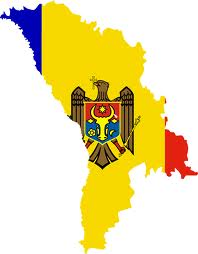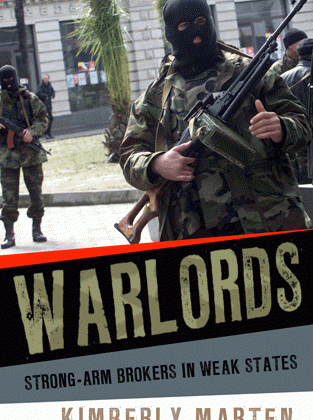The head of the Moldovan Parliament, Marian Lupu, speaking at the Friedrich Ebert Foundation in Berlin, did his best to demonstrate his country’s commitment to Europe: we have no alternative to modifying institutions to make them more democratic, he said. He knew to use the catchiest and most indispensable words in the Europeanization discourse: tolerance, protection of minorities, rule of law, etc.
Of course, to declare a commitment to European values is easier than adjusting the Moldovan administrative and economic institutions to EU standards, but the government in Chisinau works hard to confirm its reputation as one of the few success stories in the entire Eastern Partnership. (Such reformist measures and institutional preconditions in general are not required by Russia for joining the Eurasian Union.) What details did Lupu provide about Moldova’s difficult path?
First, why is a visa-free arrangement with the EU so important to Chisinau? Lupu himself admitted that almost one fourth of his compatriots have already fled the country, while the majority of those who remained hold Romanian passports. Quite interestingly, for the sake of political correctness, he did not venture to comment on the passport policy of Bucharest, which gives Moldovans more freedom of travel than their own government. As Lupu admitted, the alternative to visa facilitation is either Moldovans would circulate across Europe with Moldovan or with Romanian documents. But does it matter indeed?
Second, “we don’t have an identity crisis,” Lupu claimed, “we strive for a civic Moldovan nation embedded in Europe.” Sounds good, but Moldovans speak the language that they attribute to their neighboring country, and hold its passport en masse. Is this not an identity issue?
Third, in Lupu’s words, integration with the EU does not challenge Moldova’s relations with its eastern neighbors. He sees no contradictions in having free trade areas with both the EU and the Eurasian Union. As a political statement it sounds great, but economists would most likely disagree. Besides, he himself admitted that Chisinau needs a clear European perspective to show the citizens of Transniestria the difference and incite their motivation for reunification – but this makes sense only if the EU and the Eurasian Union are seen as alternative and competing projects, hardly compatible with each other.
Of course, Lupu’s main messages concerning the frozen conflict with Transniestria were addressed to Germany. He suggested that Moscow’s intention to open its consulate in Tiraspol may be viewed as a deviation from the very idea of the German–Russia Meseberg initiative, which was launched in 2010. He reiterated the idea of changing the existing format of peace-keeping forces into civilian observers supervised within the “5+2” mechanism.
The most substantial question is how does all of this resonate to German policy audiences? Many Germans feel that deepening EU integration is currently more important than expanding the Union. Some are skeptical about the forthcoming accession of Croatia, which is quite understandable against the background of the Greek crisis. Negotiations with Montenegro, Serbia, and Albania are slow and complicated. But as Gernot Erler, a deputy head of the SPD fraction in the German Bundestag, assumed, a pre-accession strategy for Moldova seems feasible.
Yet an even larger puzzle looms: the closer Moldova bonds with the EU, the tougher the position of Moscow becomes. The Kremlin recently sent a clear message to Chisinau: should Moldova opt for “giving up its sovereignty” (i.e., join a supranational organization), Russia would reconsider its current position on Transniestria. This warning signal can possibly mean even stronger support for the independence of this break-away territory and attempts to reposition it within the framework of the Eurasian Union project. Russia is disinterested in fostering the Meseberg initiative, which already seems to be history. It only remains to hope that at sometime Russia’s position on Transniestria will be studied as a case of unfortunate misperceptions in foreign policy. How otherwise can it be explained that a great power’s intentional desire to sacrifice its security relations with major EU member states is just for the sake of supporting a small, unrecognized, and indebted territory?
Andrey Makarychev is a Guest Professor at the Free University of Berlin, blogging for PONARS Eurasia on the Russia-EU neighborhood.










